In response to the lockdown triggered by COVID-19, many arts organisations have taken their work online, sharing content for audiences to view for free. However, creating participatory engagement online is much more challenging and, as a sector used to being face to face with people in their practice, it’s clear that the current restrictions change the nature of participatory arts based activity substantially.
Following a vital conversation on social media led by Guy O’Donnell, Learning and Participation Producer, National Dance Company Wales which opened a discussion on how we can deliver participatory arts effectively, a range of partners are collaborating to lead Zoom discussions for the sector where we can talk about the impact of the lockdown on our work and work creatively together to think beyond the lockdown.
In partnership with ArtWorks Cymru a series of free Zoom meetings have been set up to discuss and share current working practices in participatory delivery.
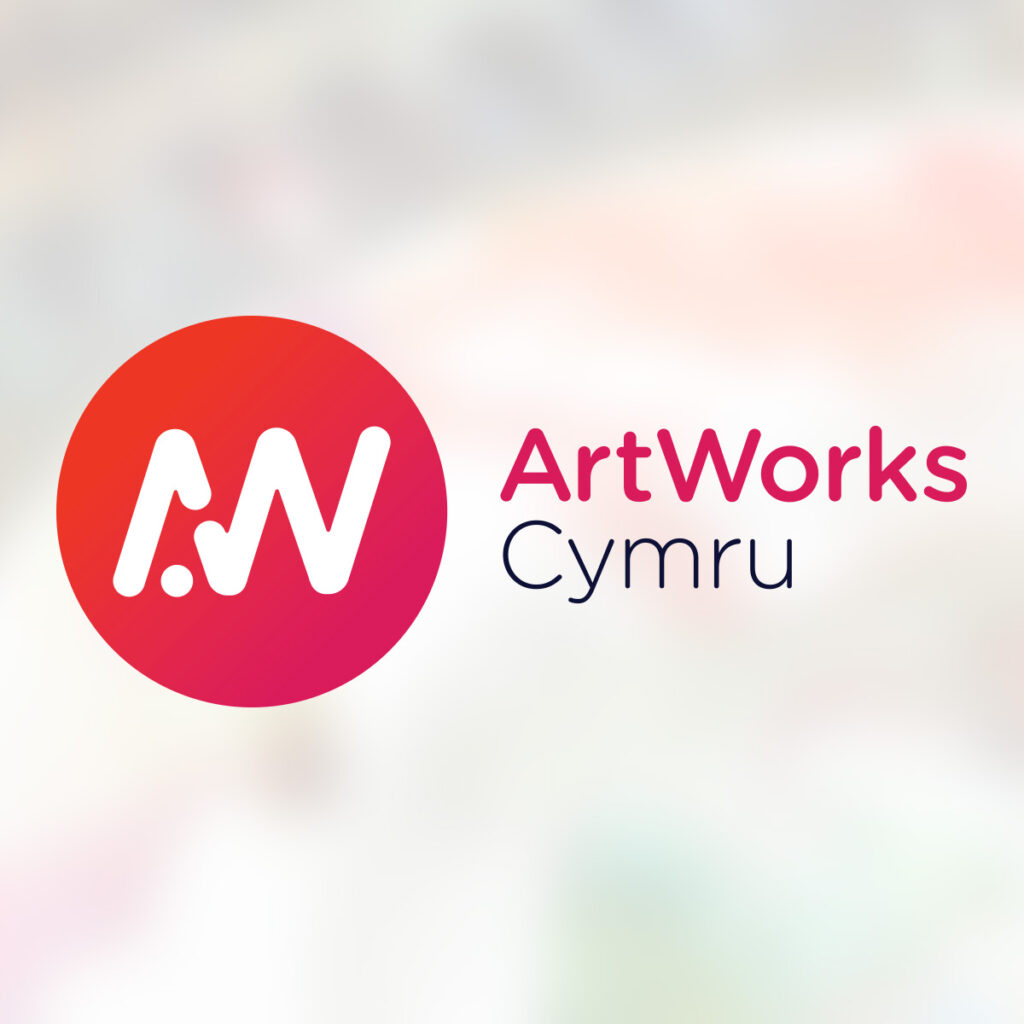
Capturing the Learning
These Zoom meetings will explore how we capture the learning from organisations and artists who are currently delivering projects. We’ll explore what methods are working well, what are we learning through this experience, and how we are adapting our working practices.
Director of Ardour Academy, Sara Sirati is presenting at the first Zoom Dance meeting on Wednesday 3rd June 3-5pm The meetings are free to attend but numbers are limited. Sara gives a personal response below to the challenges and solutions she has created to support participatory dance delivery in the current climate.

Hi can you tell me a little about yourself and your practice?
Hi I’m Sara… a therapist, dancer and choreographer. I’m also the director of a Cardiff-based dance and well-being, not for profit organisation called ‘Ardour Academy’.
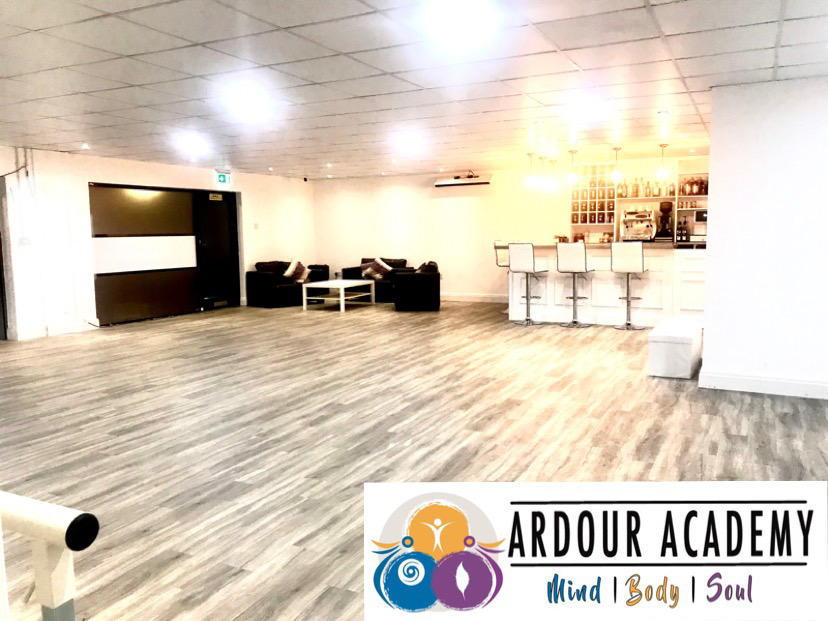
What challenges did lockdown present to delivery of your participatory practice?
I think mainly wrapping our heads around the sudden change and making decisions that would benefit all our staff and participants, were emotional and practical challenges for us. We wanted to ensure we continued to run our services, when people need it the most and find effective ways of moving our services online. The Arts can struggle regardless of the COVID-19 crisis, and of course even more so recently, due to the crisis.
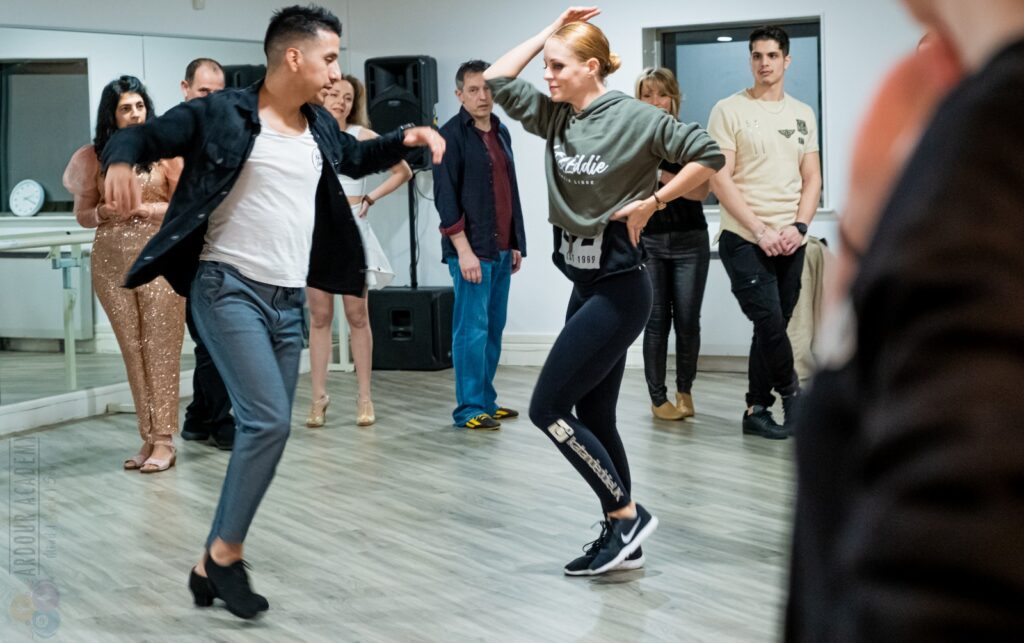
What systems did you put in place to ensure delivery?
We made sure that we piloted a few workshops, using a variety of systems such as Ζoom, Microsoft Τeams and Facebook Live. We collected data from our participants regarding clarity of picture, sound, genres and duration of classes. Following government guidelines, we set up our studio with required equipment to ensure smooth and professional delivery of sessions, whilst keeping our instructors safe during lone working.We were very lucky to have local artists and practitioners that could walk to the studio and deliver sessions, whilst strictly following government guidelines.
We also moved all our therapeutic practices to telephone and videocall services.
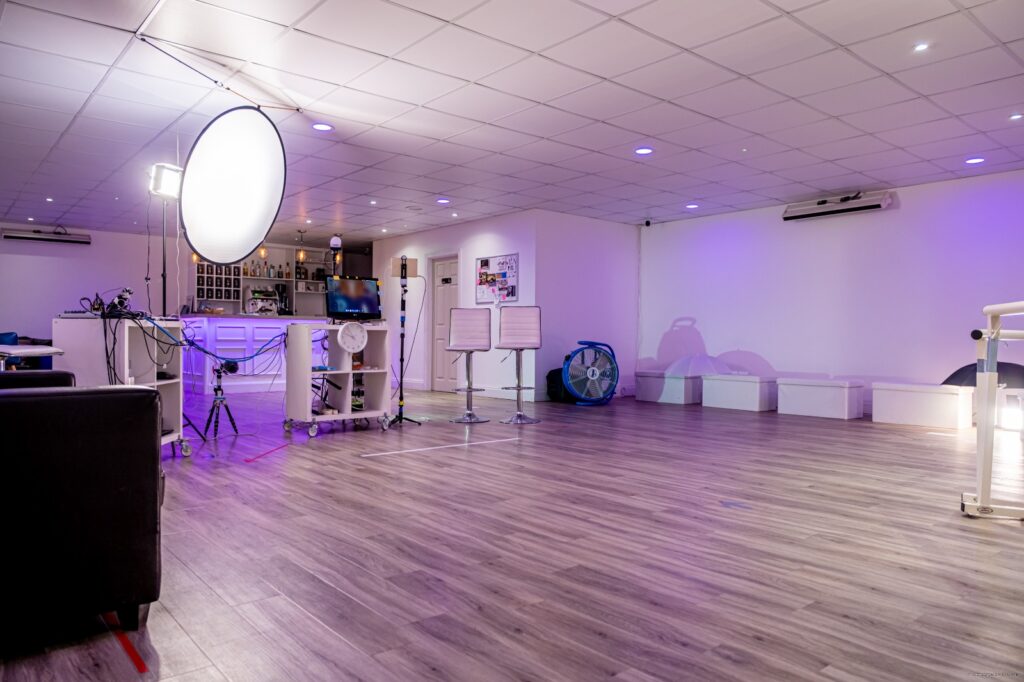
Did you have any particular challenges or success that you would like to share?
I guess funding was a major challenge for us. We were shocked to realise that all the small business funds released by the Welsh Government did not include not-for-profit organisation. We noticed a lot of “loopholes” in the information released, which discriminated against businesses like ours. Although at the time feeling incredibly disappointed and defeated, we have instead made the decision to focus on Third Sector and Arts Sector funding. Politically this was a tough decision to wrap our heads around and accept that community projects would suffer, due to the nature of funding schemes passed by the Welsh Government.
On a more positive note, I would recommend connecting with others that are doing similar projects. I was positively surprised by the number of people that offered to help when I put a post out or sent an email. I would also recommend taking into consideration the fatigue caused by virtual learning and delivery. It’s important to manage your expectations and accept that it is not the same as what we may have been used to and our experience as result may feel different. Piloting projects and going in with an open mind has been very helpful for us.
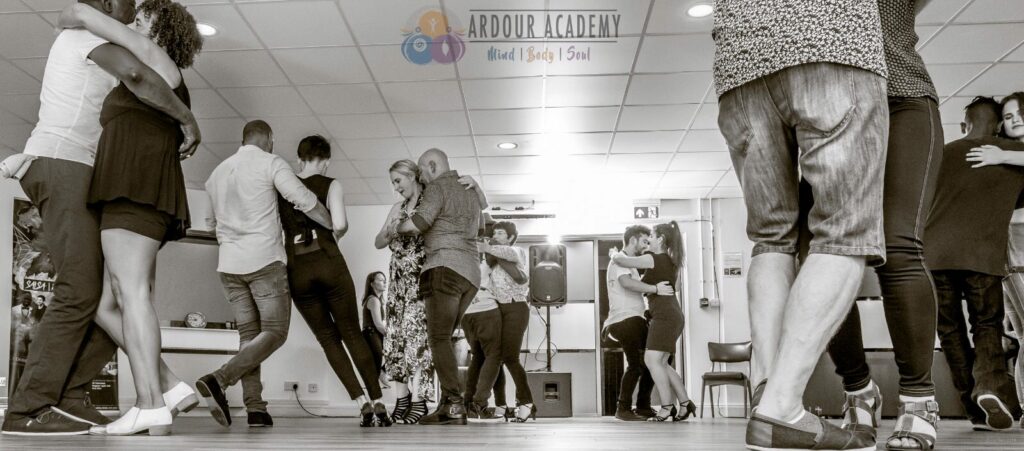
What are your plans for future delivery?
We aim to have a virtual and varied timetable of dance, mindfulness and fitness by the end of June. It has been important to us to take our time with this, and try things out whilst holding a curious stance. Going forward, we see ourselves offering online classes for a minimum of six months. Our studio offers a lot of partner dances, including Salsa, Swing Dance and Tango which are intimate in nature, and contact based. We are not prepared to deliver those classes, even if government guidelines relax as we want to ensure our practice is as safe as possible. Hence, getting our online timetable right, and utilising the expertise of our instructors is key to us. We will also continue to run our therapeutic services online for the upcoming months. I would like to add here that we offer affordable counselling, and currently have the capacity to offer free counselling to a small number of individuals experiencing financial difficulties. We also issue hardship passes for our classes, which would allow a number of individuals to engage with weekly classes, they otherwise may not be able to afford.
Thanks for your time Sara
